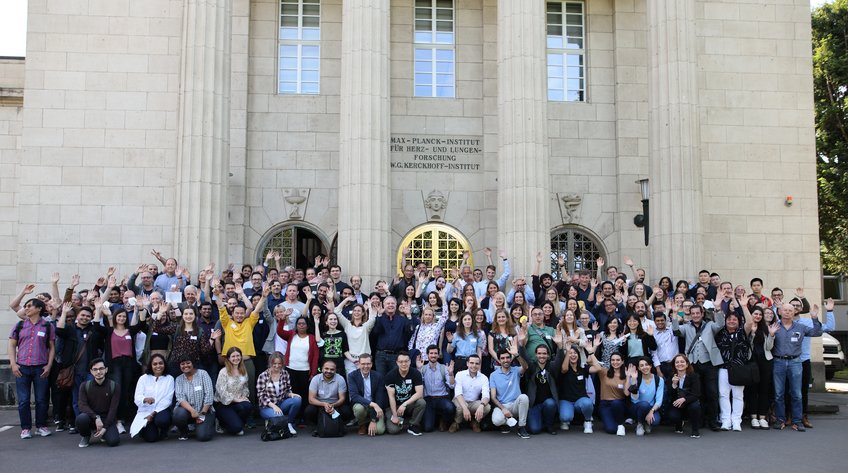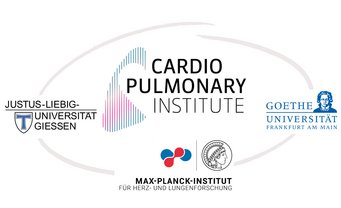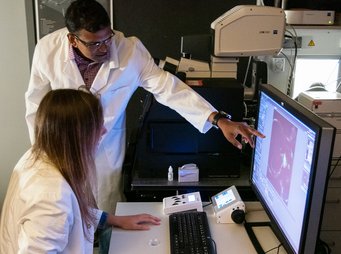Heart and Lung Research in Bad Nauheim remains excellent
Max Planck Institute again successful together with Universities of Giessen and Frankfurt in Federal Excellence Initiative
The "Cardiopulmonary Institute" (CPI), the joint excellence cluster of the Max Planck Institute for Heart and Lung Research, the Justus Liebig University in Giessen and the Goethe University in Frankfurt, was successful with its application in the Federal Excellence Initiative. Research into the causes of heart and lung diseases will now continue at the three locations over the next few years, with millions of euros in funding.
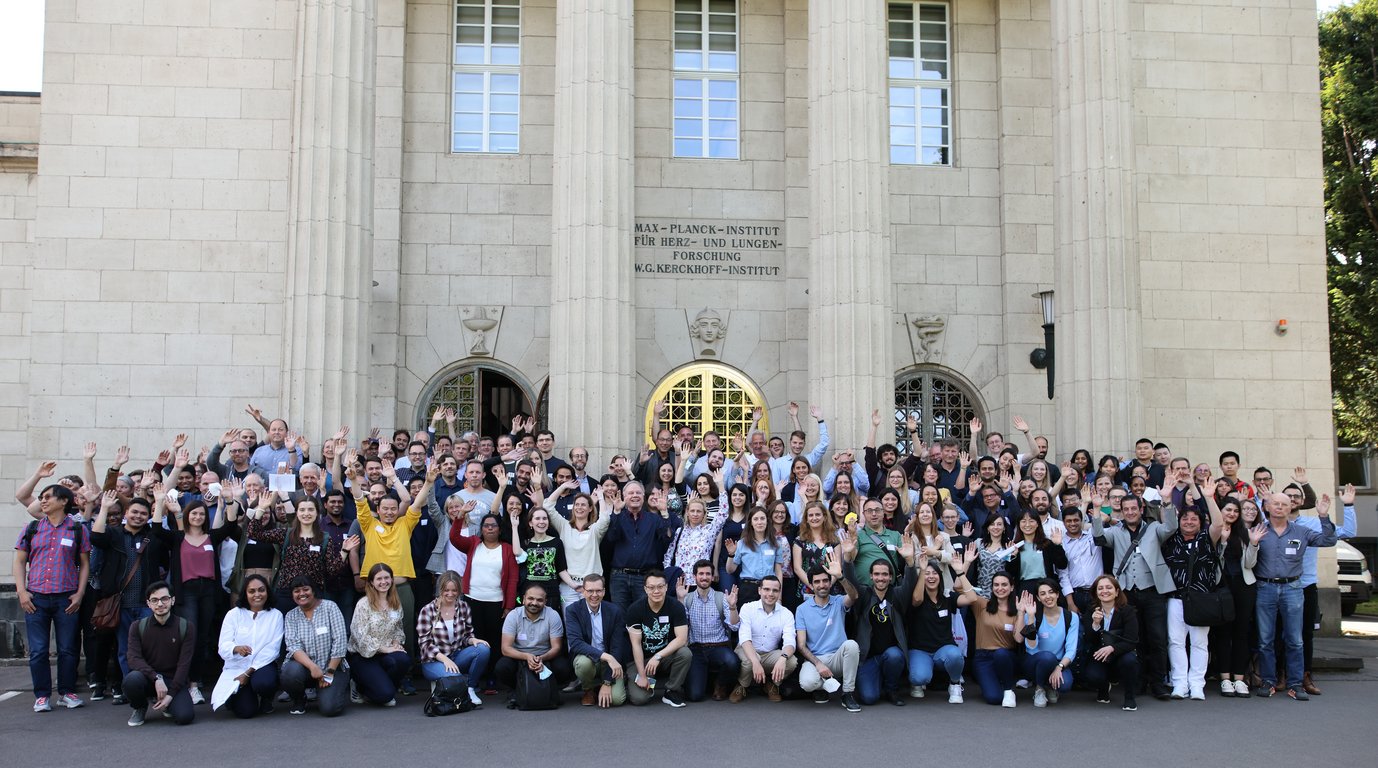
At 17:00 today, cheers erupted at the three CPI locations: the Max Planck Institute for Heart and Lung Research (MPI) in Bad Nauheim, the Justus Liebig University in Giessen, and the Goethe University in Frankfurt. This was when the German Research Foundation announced the results of the Federal Excellence Initiative evaluation. The CPI was successful again and will now be one of the Hessian excellence clusters for another seven years.
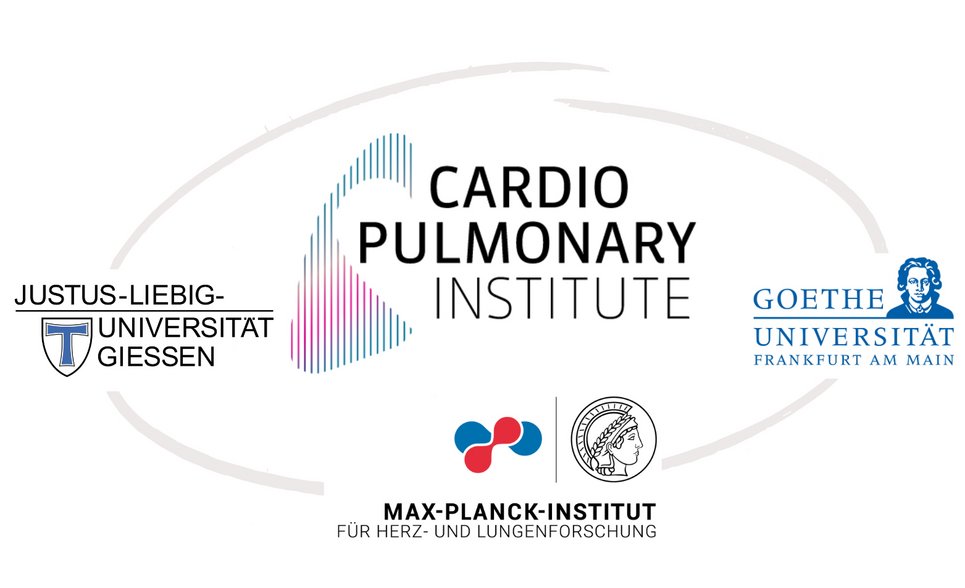
With the vision "Precision Biology for Precision Medicine", the CPI will investigate in the coming years how the heart and lungs function, age and become diseased - and how these diseases can be treated precisely.
The CPI pursues an integrative approach: More than 200 scientists from various disciplines and clinics work together on new therapies tailored to individual patients. Modern data analysis, clinical studies and digital methods help to quickly transfer research results into medical practice.
Didier Stainier, Director of the Department of 'Geneticsof Development' and currently Acting Director at the MPI in Bad Nauheim, expressed his great joy over the success of the Excellence Initiative:
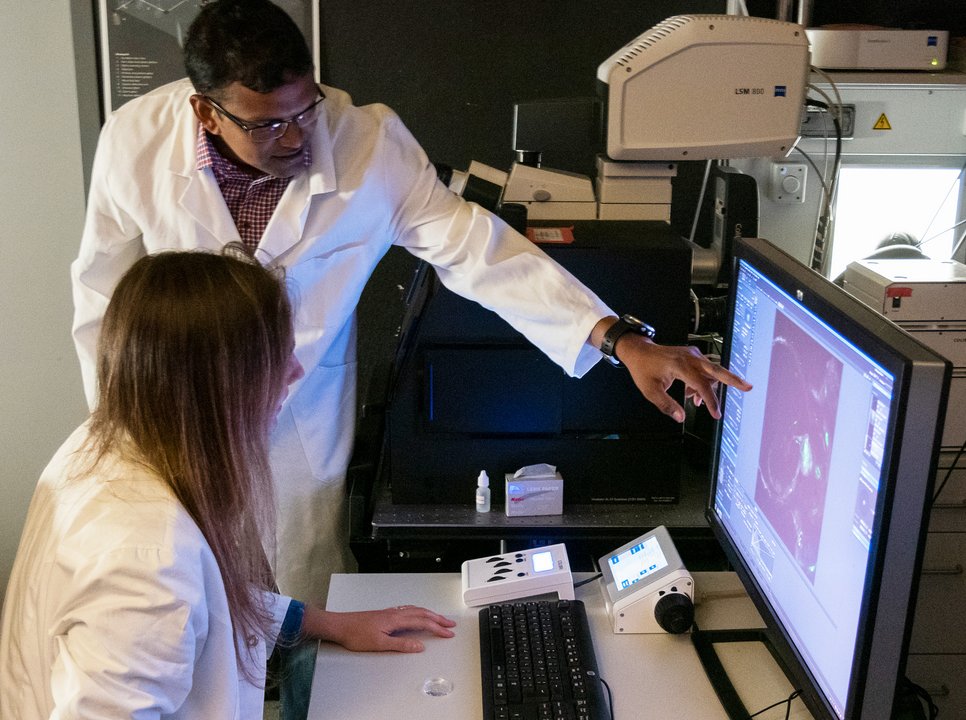
For Thomas Braun, Director of the Department 'Development and Remodelling of the Heart' at the MPI and, alongside Susanne Herold (Giessen) and Stefanie Dimmler (Frankfurt), a member of the CPI Board of Directors, emphasised that the CPI particularly wants to promote young scientists: 'We want to recruit young scientists to the CPI. In the international environment, they should be supported in their next career steps and have the opportunity to advance their research projects in an excellent environment.' The MPI is also very internationally oriented: People from 37 countries are currently employed at the institute.
